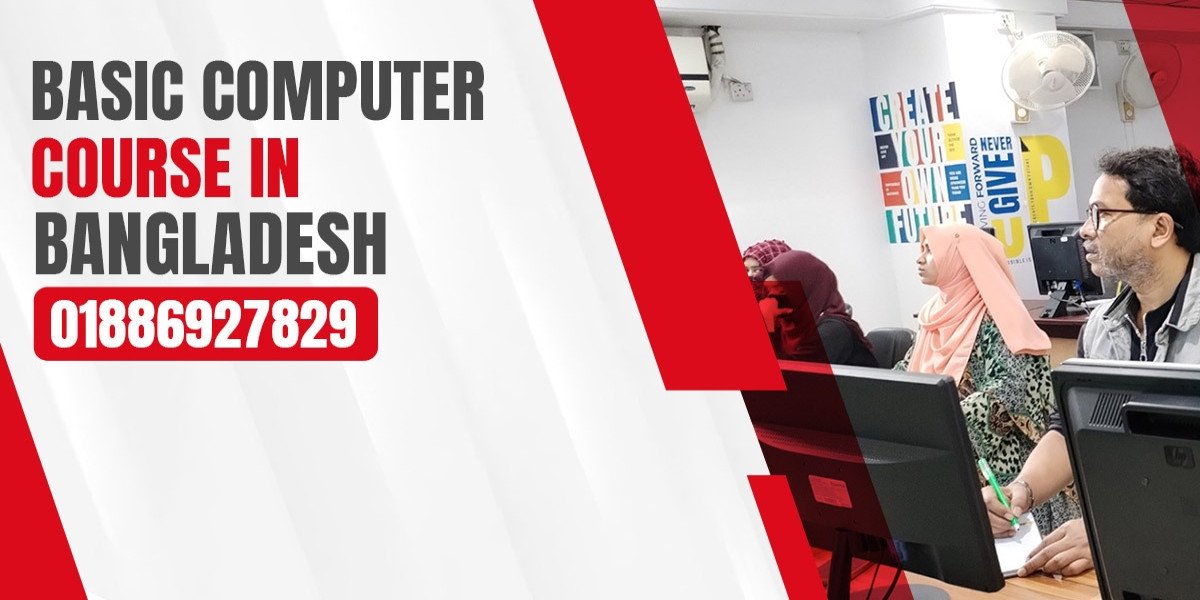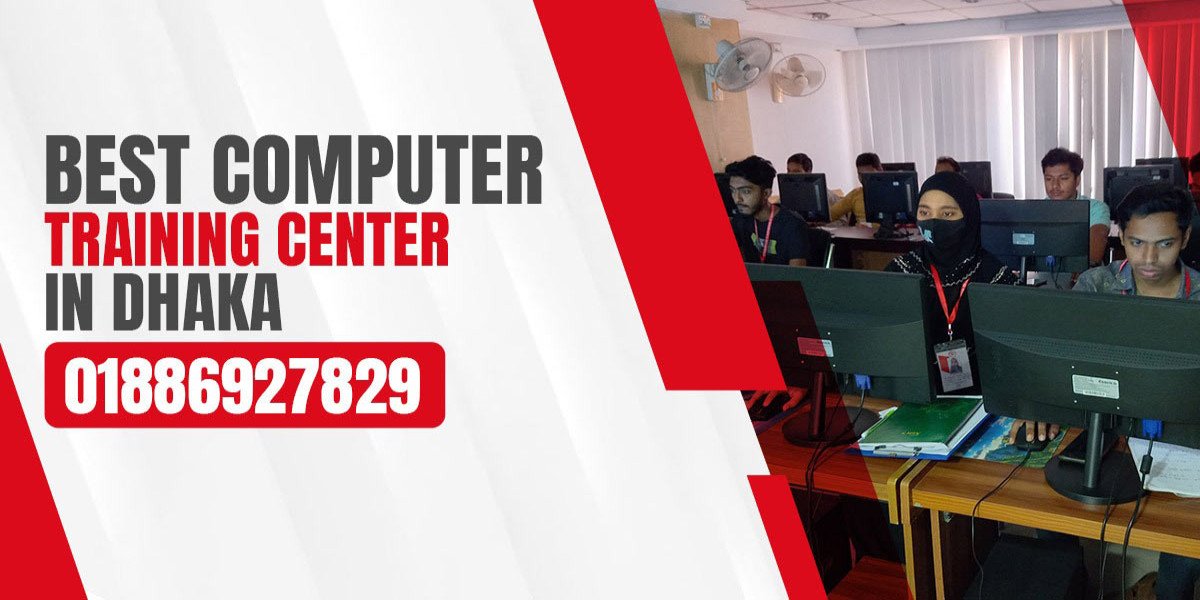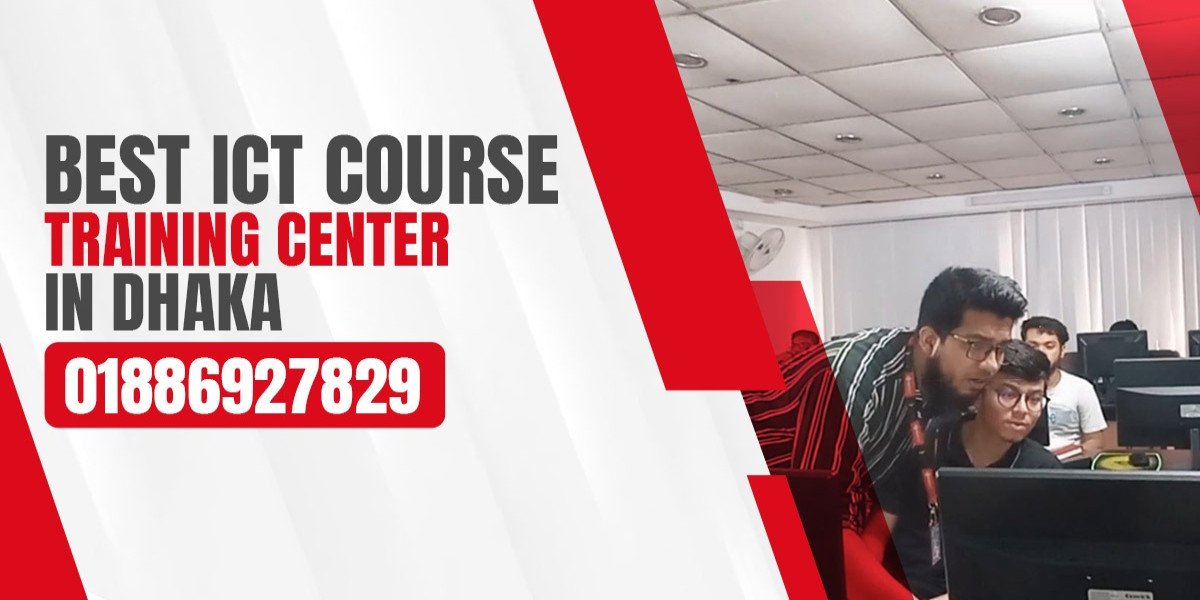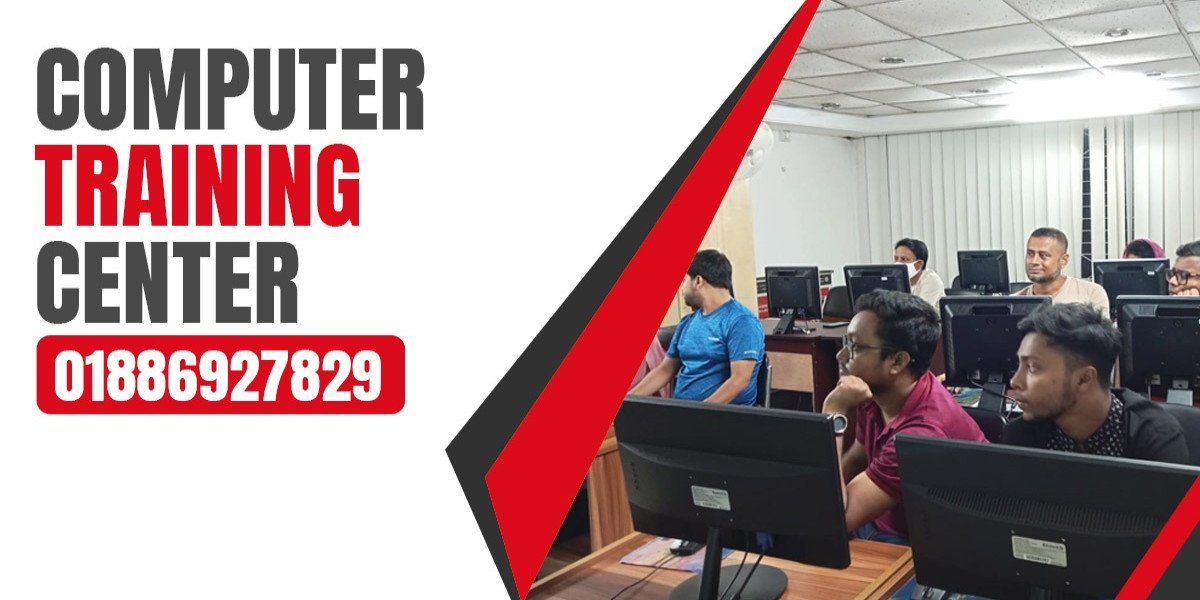Introduction
In the modern digital age, computer literacy has become a fundamental requirement for individuals in various fields. Bangladesh, as a developing country, has recognized the importance of computer education and has integrated basic computer courses into its educational and professional training systems. These courses provide foundational knowledge on computer operations, software applications, internet usage, and cybersecurity. This article explores the significance, course structure, institutions, and career prospects associated with a Basic Computer Course in Bangladesh.
Importance of Basic Computer Courses
The growing dependence on technology in Bangladesh has increased the demand for computer literacy. Whether for education, employment, or entrepreneurship, having basic computer skills is essential. Some key reasons why basic computer courses are crucial include:
- Employment Opportunities: Many jobs require fundamental computer knowledge, such as working with Microsoft Office, email communication, and data entry.
- Educational Advancement: Students benefit from digital learning platforms, online research, and e-books.
- Entrepreneurship & Business Growth: Small businesses leverage digital tools for marketing, sales, and financial management.
- Government & Public Services: E-governance and online services require citizens to be tech-savvy.
- Personal Development: Learning computer skills enhances productivity and communication abilities.
Course Structure
A Basic Computer Course in Bangladesh is typically designed for beginners, covering essential topics necessary for operating a computer efficiently. The course structure may vary depending on the institution, but it generally includes the following modules:
- Introduction to Computers
- History and evolution of computers
- Basic components of a computer
- Understanding hardware and software
- Operating Systems
- Introduction to Windows and Linux
- File management and system settings
- Installing and uninstalling software
- Microsoft Office Applications
- MS Word: Document creation, formatting, and editing
- MS Excel: Data entry, formulas, and spreadsheet management
- MS PowerPoint: Creating professional presentations
- Internet and Email
- Basics of web browsing
- Creating and managing email accounts
- Safe internet practices
- Typing and Data Entry Skills
- Touch typing techniques
- Speed and accuracy improvement
- Basic Graphics Design (Optional)
- Introduction to Photoshop or Canva
- Editing and designing simple graphics
- Introduction to Cybersecurity
- Common security threats and protection measures
- Safe online practices
Institutions Offering Basic Computer Courses in Bangladesh
Various institutions, both government and private, offer Basic Computer Courses in Bangladesh. Some of the well-known providers include:
- Government Training Centers
- Bangladesh Technical Education Board (BTEB)
- Bangladesh Computer Council (BCC)
- Department of Youth Development (DYD)
- Bangladesh Open University (BOU)
- Private Training Institutes
Course Duration and Fees
The duration of a Basic Computer Course in Bangladesh typically ranges from one month to six months, depending on the depth of the syllabus. Government-sponsored courses are often free or have minimal fees, while private institutes may charge between BDT 3,000 to BDT 15,000.
Career Opportunities
Completing a Basic Computer Course in Bangladesh opens up various career opportunities, including:
- Data Entry Operator
- Computer Operator
- Office Assistant
- Call Center Executive
- Customer Support Representative
- Freelancing Opportunities (e.g., Typing, Data Entry, Virtual Assistance)
Conclusion
In an era where technology drives progress, acquiring basic computer skills is essential for career growth, education, and everyday life. The availability of Basic Computer Courses in Bangladesh ensures that individuals from all backgrounds can enhance their digital literacy and improve their employability. Whether through government initiatives, private training institutes, or online platforms, these courses provide a strong foundation for success in the digital world.









Leave A Comment
All fields marked with an asterisk (*) are required